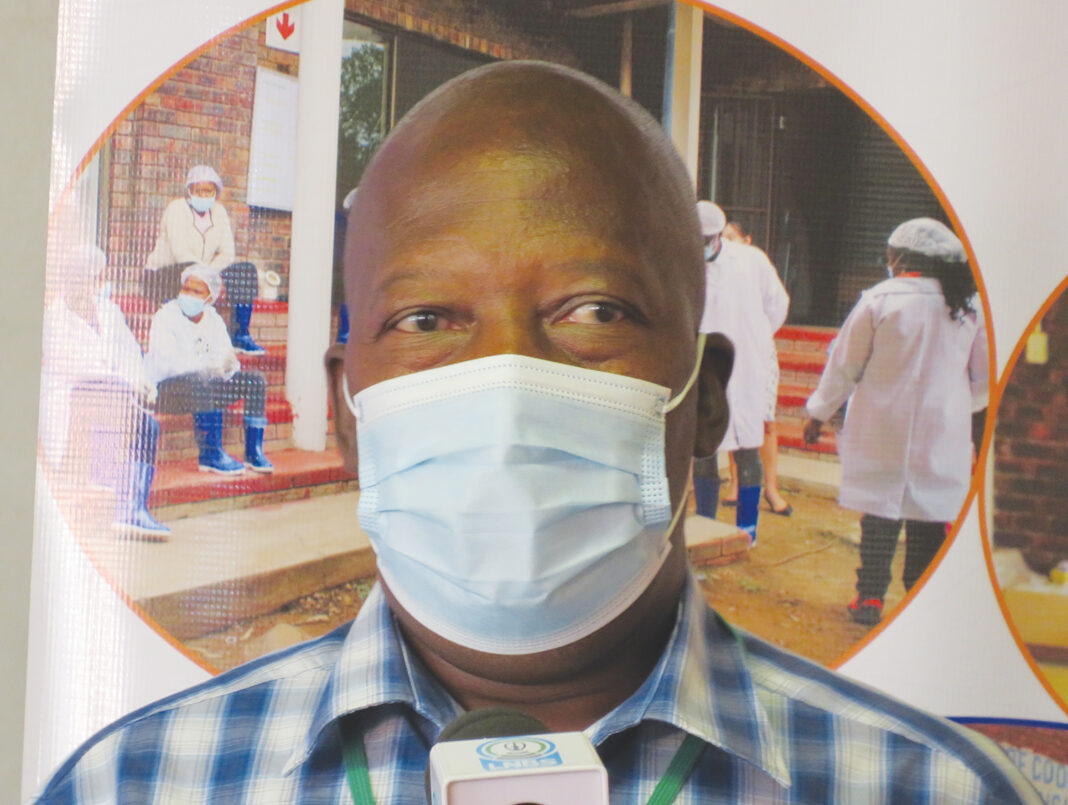By ‘Majirata Latela
Covid-19 survivors have told stories of how they suffered social stigmatisation at the hands of fellow community members even after recovering from the virus
The World Health Organisation has indicated that the current COVID-19 outbreak has provoked social stigma and discriminatory behaviours against people of certain ethnic backgrounds as well as anyone perceived to have been in contact with the virus.
Bokang Makhetha (37) of Mohale’s Hoek recounted his Covid-19 experience at a recent meeting of chiefs, councillors, International Migration Organisation, National and District Covid-19 Secretariat and Migrants Association.
Although it was a challenging time for him, as was to be expected, the nadir of his experience was when people began shunning him while he was struggling with the disease and even after being certified to have made a complete recovery.
“When I first got sick with mild flue, it did not occur to me that I had actually contracted the virus. I treated it with ordinary over-the-counter medication but it did not seem to relent.
“Then one night I started experiencing breathing difficulties. I went straight to the hospital. The nurses were busy attending to other patients, so I got myself into a hospital bed and asked them to help me with my breathing. When I eventually got assistance I prayed to God to heal me.
“When I got out of hospital after a few days, I was feeling a lot better even though I was still coughing; I had also lost my senses of smell and taste,” Makhetha recalls.
He described what he went through during the healing process as something he would never wish never wish on his worst enemy. Even after recovering and testing negative for the virus, people who knew about his condition would talk bad stuff behind his back. He became a target of malicious gossip even when he was out on the streets.
“It was as if I had been responsible for contracting that diseases. It was really sad that even some of my colleagues who I had expected to support me, would stigmatise me like that. I therefore appeal to people to stop stigmatising people and rather help and support them while also keeping themselves safe from the virus,” he articulated.
Nacosec’s risk and communication expert Baroane Phenithi told the meeting in Mohale’s Hoek that stigmatisation and discrimination only makes victims panic. He told the meeting that all stakeholders need to work hard to eradicate stigmatisation and panic among people, so that they can end the virus.
He warned that in some cases people might even die from the panic and feeling of rejection, while others may lose their self-esteem from being discriminated.
“We also at all times need to educate people so they can make informed decisions,” he said.
WHO describes social stigma in the context of health as the negative association between a person or group of people who share certain characteristics and a specific disease.
In an outbreak, this may mean people are labelled, stereotyped, discriminated against, treated separately, and/or experience loss of status because of a perceived link with a disease. Such treatment can negatively affect those with the disease, as well as their caregivers, family, friends and communities. People who don’t have the disease but share other characteristics with this group may also suffer from stigma.









